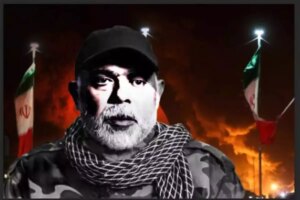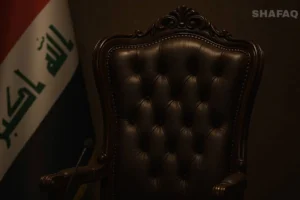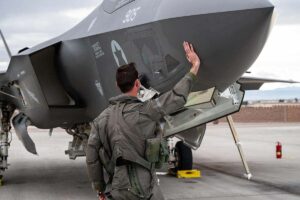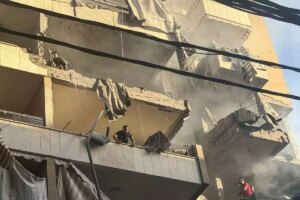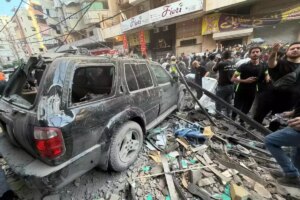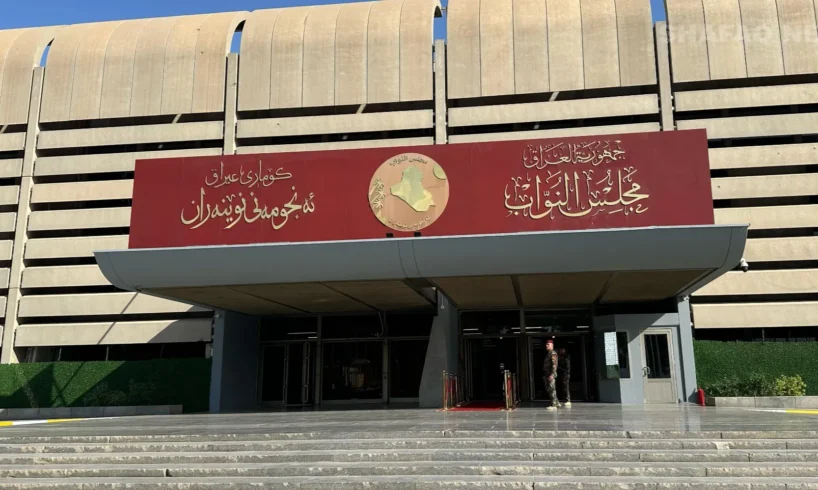
Shafaq News
On November 11, 2025, Iraq held its sixth parliamentary
election since 2003, drawing more than 56% of voters nationwide. Attention now
turns to the new legislature, which faces the twin challenges of forming a
government and tackling long-delayed constitutional files—all while the country
navigates deep political divides and economic strain.
Caretaker Constraints
The political scene is at a critical turning point after
the Federal Supreme Court ended the current parliament’s term and downgraded
the government to caretaker status. The decision has created an overlapping
legislative and executive vacuum not seen since 2003. More than 120 legislative
proposals are on hold, and over 6,000 administrative decisions await
approval—tasks a caretaker cabinet cannot handle.
Caretaker governments in Iraq are legally limited to
routine operations. They cannot pass new laws, approve multi-year contracts,
negotiate long-term investment deals, or push through structural reforms.
In practice, these governments operate at roughly 20–30%
of normal capacity. That limitation comes at a time when Iraq’s political and
economic pressures demand full executive power, making this one of the most
constrained periods in two decades.
Read more: Unsettled victory: Al-Sudani between a second term and Shiite power balances
Foundational Laws Now
Amer al-Fayez, a winner of the 2025 elections and
current independent lawmaker, outlined the new parliament’s immediate
priorities. The legislature must select the prime minister, president, speaker
of parliament, and the speaker’s two deputies—positions that set the stage for
forming the next government.
Speaking to Shafaq News, al-Fayez highlighted the
long-delayed Federal Council Law. The constitution envisions this chamber to
“regulate the legislative track and the performance of the House of
Representatives,” but it has yet to be implemented.
“Iraq remains one of the few countries in the region
without a bicameral legislative structure,” he noted, a gap that has fueled
repeated political deadlock.
Al-Fayez also pointed to the Oil and Gas Law as critical
for the country’s stability. It sets the framework for relations between
oil-producing provinces—such as Basra and Kirkuk—and Baghdad, including the
Kurdistan Region’s revenues.
Disputes between Baghdad and Erbil have periodically
halted exports of up to 450,000 barrels per day, costing both sides billions.
With Iraq producing an average of 4.3 million barrels per day, the absence of a
unified oil framework remains a persistent, costly challenge.
Noting the first session of the new parliament is
expected after January 9, 2026, al-Fayez further criticized the current
political vacuum, which has halted the country’s productivity—unlike past
cycles, when both parliament and government continued functioning until the new
parliament convened.
Read more: Pipe dream or partnership? Iraq’s oil restart tests a fragile federal compact
Division Deepens Security
Similarly, political analyst Ali Habib said the Supreme
Court’s simultaneous end to parliament and government mandates has created
unprecedented institutional fragility and put the political system under
pressure to rebuild public trust.
He told Shafaq News the political landscape could face
further division. Muqtada al-Sadr’s boycott, the Coordination Framework’s
influence, fragmented Sunni blocs, and internal splits across other groups
could all delay the formation of a national majority government, echoing
challenges seen in 2021.
Warning that the vacuum may stall sensitive files such
as Baghdad–Erbil relations and the status of Iran-backed armed groups operating
outside state structures, he recalled a 2025 UN report showing that around 20
armed factions remain only partially integrated, “complicating stabilization
efforts and raising the risk of security escalation.”
Economically, Iraq faces mounting pressures. Nearly 90%
of state revenue comes from oil, the budget is vulnerable to global price swings,
and salaries account for roughly 40% of spending. Caretaker restrictions have
frozen thousands of contracts worth $8–10 billion, affecting infrastructure,
water projects, and local services.
Habib said the sixth parliament will inherit an
“enormous backlog” of unfinished legislation, pointing out that the previous
parliament “completed only 15% of its duties,” making the fifth term the “least
effective since 2003.”
Read more: Iraq’s budget in limbo: Funding woes and oil risks grow
Economic at Risk
Political researcher Muhannad al-Rawi described Iraq’s
economy as being in “its worst condition,” with high inflation, rising debt,
and volatile oil revenues. He warned that the next government could face a
severe financial crisis threatening national stability.
Speaking to Shafaq News, al-Rawi stressed Iraq’s
dependence on oil exports leaves it highly exposed. With over 3 million civil
servants and more than 2.5 million pensioners, a sharp oil downturn (below $70
a barrel) could prevent the government from meeting monthly salary and pension
obligations of more than $5 billion.
That scenario would turn the entire budget into
operating costs, leaving almost nothing for investment, halting development
projects, road upgrades, and electricity improvements, and deepening stagnation.
He predicted that forming the next government could take
three to four months under “the best circumstances,” further intensifying
pressure on financial institutions and planning bodies.
Written and edited by Shafaq News staff.
